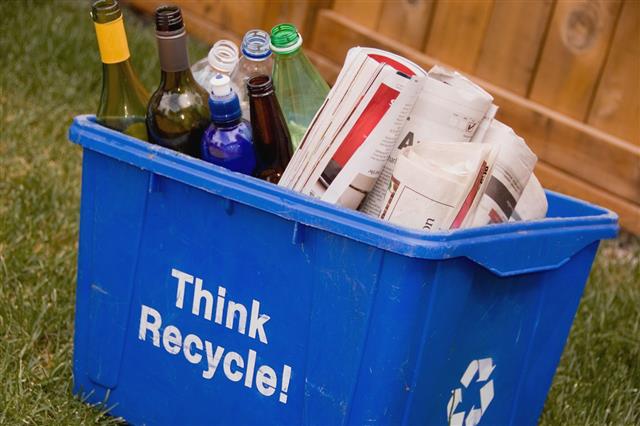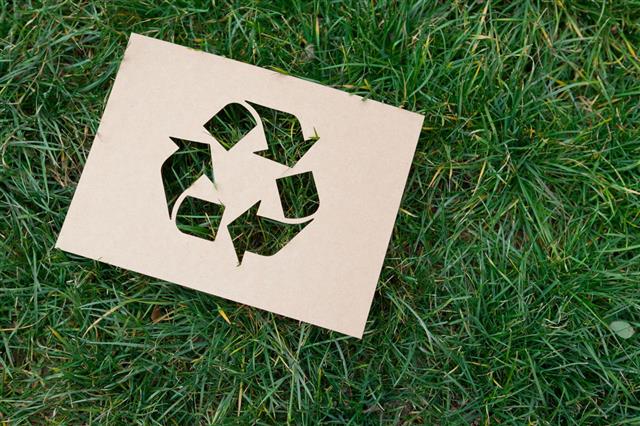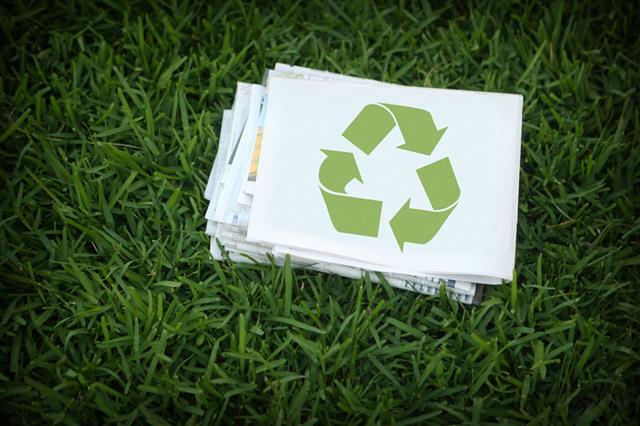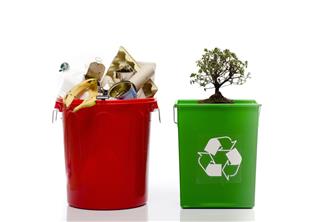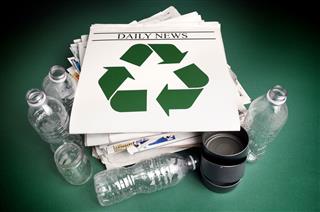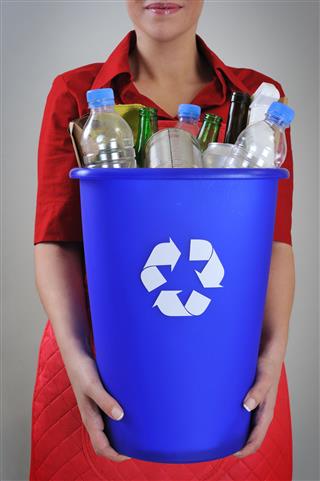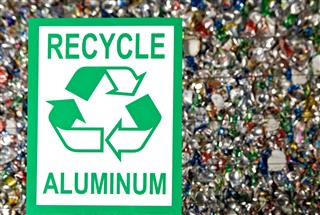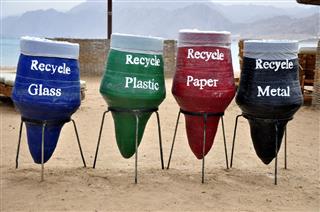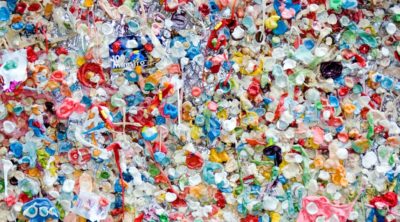
The Earth is screaming out with increased fervor, asking us to ‘recycle, reuse and reduce’. With a number of recycling benefits, we need to her our planet seriously, to avert impending catastrophes. Let’s take a look at some of the good things recycling can render.
The paradox of life lies exactly in this: its resources are finite, but it itself is endless. Such a contradictory state of affairs is feasible only because the resources accessible to life can be used over and over again.
― I.I. Gitelson, Manmade Closed Ecological Systems
Over centuries, we have used the Earth to satisfy our needs. To put it simply, we have exploited the Earth beyond her threshold point. The unfathomable misuse of this planet has resulted in a global temperature rise known as global warming. The rising temperature has caused the polar caps to melt, thus resulting in an increase of ocean water, raising sea-levels, etc. To quote Henry David Thoreau, “what’s the use of a house if you don’t have a tolerable planet to put it on?”.
Recycling has become the need of the hour, as the world is reeling under the pressure of many complex environmental issues. The wanton destruction of rain forests has left many species of animals and plants on the brink of extinction. Inconsiderately, rain forests have been cut down for paper, timber and regional development. The everyday printing and writing paper that we use in our offices come from the rainforests in Australia. Recycling of paper at the household level has seen a popular upward trend, but fresh timber finds its way to the office. Rainforests play an important role in maintaining the ecosystem, which we are all a part of. This means that we are all interdependent and this necessitates recycling at every step.
Recyling, As we Know It
Recycling literally means to reuse the items that have already been used once. It implies reprocessing the used materials to prevent waste generated by household or industrial dumping. Recycling helps in lowering the greenhouse gas emissions and landfilling. Landfilling is the oldest and the most crude way of disposing waste. The process involves disposal of waste by burial. Although this is the organized method of waste disposal, it has severe negative impacts on people staying close to these areas and also to the surrounding environment.
Importance of Recycling
Reduces Landfill
Landfill is the biggest problem we face today. As we produce more and more garbage, we need a place to dispose it off. So, this garbage is either disposed off by burying it below the soil or dumping it in a place. The place where this garbage is accumulated is known as landfill. The biggest advantage of recycling is, the reuse of non-biodegradable material reduces the number of items that would get deposited in the landfill area. These items are a major contributor to the greenhouse gases polluting the environment. Recycling of paper, plastic, glass, and such other materials which is easily possible, helps in keeping the environment a little bit cleaner.
Reduces Energy Consumption
It takes a lot less energy to reuse the materials for creating new products, than to produce them from scratch. For instance, paper, steel, plastic, and aluminum can be extracted from scrap and can be reused for the same or different purposes. This not only saves the energy which is spent in manufacturing the products, but also renders some important environmental benefits. Lesser greenhouse gases are emitted in to air, water and soil, which is turn keeps the surrounding safer to live in. Also, the need for manufacturing is relatively lessened.
Controls Pollution
The real importance of recycling is felt when the landfill area is used less. As less garbage is dumped, it results in lesser emission of harmful gases. Additionally, garbage dumps act as huge magnets for flies, and diseases they breed. The lesser garbage we produce, higher are the chances of living in a healthy surrounding. Recycling the products also reduces the carbon footprint of the product.
Saves Cost
Recycling also results in some serious cost savings. For example, the cost of recycled goods is a lot cheaper than the new ones. Compost made at home, by recycling the everyday garbage helps you save a lot on you monthly budget, as compared buying compost. Saving money by buying recycled items, is effective saving the environment.
What Can Be Recycled
Recycling Plastic
Plastic has been the long debated topic in the recycling revolution. Plastic recycling means gathering things right from plastic bottles and caps and processing them into tables and chairs. On the plus side, HDPE (high-density polyethylene), PET or PETE (polyethylene terephthalate), LDPE (low density polyethylene), PP (polypropylene) and PS (polystyrene) are some of the types of plastics that can be recycled. A negative side of plastic is that it is not biodegradable and hence cannot be just disposed off. Burning plastic is the most illogical way to get rid of it. The moment this seemingly harmless trash is set on fire, it releases a toxic gas known as dioxin. The biggest problem faced by plastic recycling is the sorting of plastic into recyclable and non-recyclable types. The non-recycled plastic again results in landfilling.
Recycling at Home
Recycling at household level has proved to be very beneficial. Kitchen and garden waste is recycled by composting. The aerobic bacteria that breaks the waste materials into fertile top soil are known as humus. Humus reinvigorates vital nutrients and organic matter into the soil. Beautiful gardens and splendid parks can be made out of this soil.
Recycling Glass
Glass recycling turns the used waste glass into new usable products. It helps in saving the many raw materials that go into making glass. Glass refilling is a famously observed norm in developing countries like India and Brazil. As the phrase suggests, old bottles are refilled to save costs to the company. This also reduces a significant amount of waste sent to landfill.
The items and materials that we use in our daily lives such as textiles, paper, plastic, timber, ferrous and non-ferrous metals, paint and batteries can be recycled. Recycling not only affects the environment in a positive way but also re-creates the lost resources. Increase in wealth, population and technology and the various lifestyle changes, have all led to an unmanageable amount of waste. Harmful gases and chemicals are released into the atmosphere by the rubbish in the landfill sites. Recycling will ensure in restoring the habitats and forest lands. This is the planet that gave us our lives. If she had the power to create, then she also has the power to destroy if we keep abusing her.
